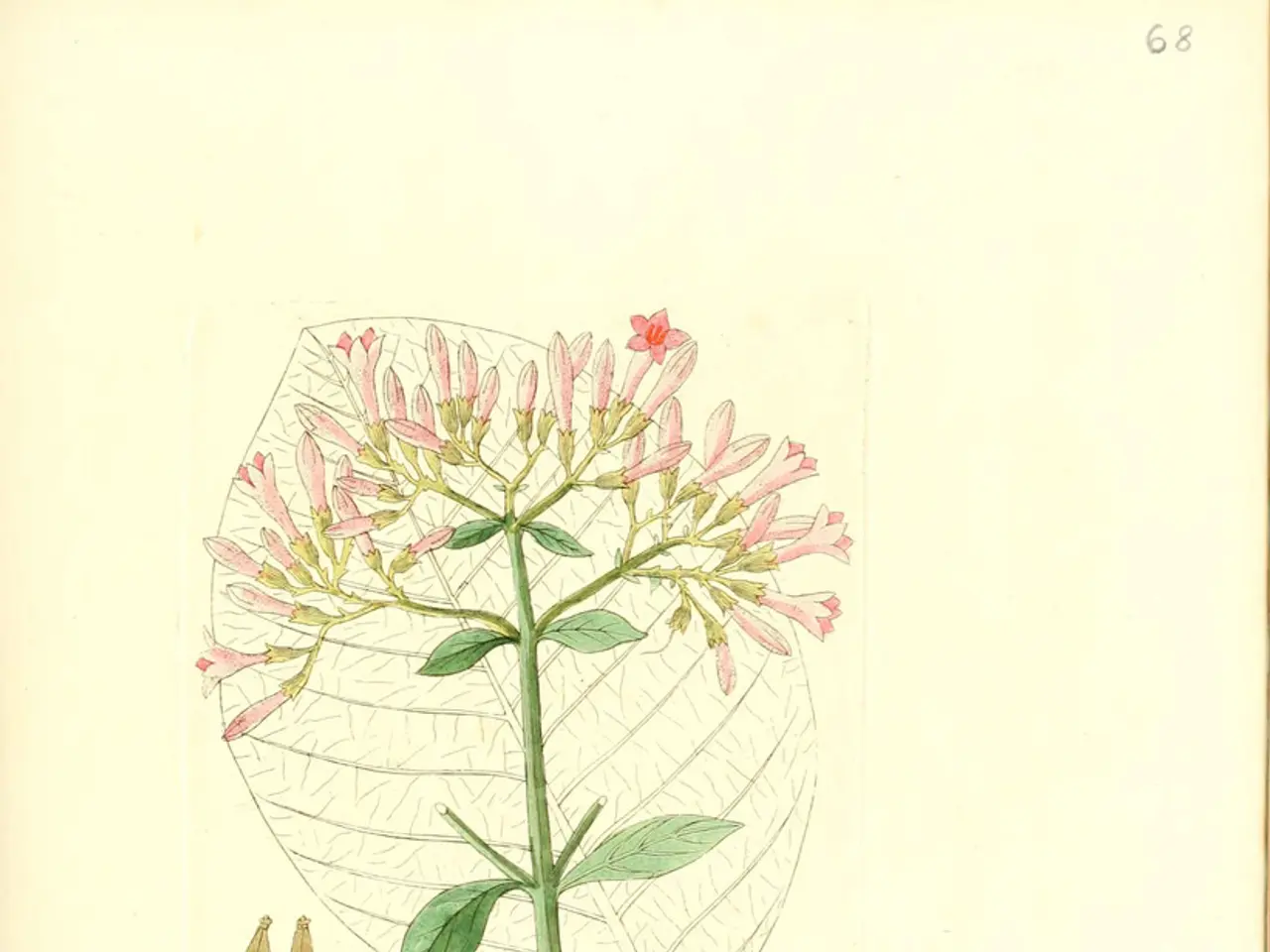Independent Learning Sessions Held at the Writing Department
Amanda Blanco '18, a former student, transitioned from Law to Coding and wrote an independent research paper for her Senior Thesis in the SPIA department. Her Junior Paper (JP) was a quantitative study, and her experience offers valuable insights into structuring quantitative research theses.
This article will focus on reflections from Amanda's independent research experience, specifically her JP, and provide a general guide to help you structure your thesis and prepare a research proposal for summer funding.
Structuring the Thesis
Structuring a quantitative research thesis in both STEM and the Social Sciences involves several consistent steps, with some variations depending on the field. Here’s a general guide to help you structure your thesis:
- Introduction
- This section sets the tone and direction of your thesis. Key sections include the background of the topic, problem and purpose statements, research questions and hypotheses, significance of the study, and the theoretical or conceptual framework.
- Literature Review
- The purpose of this section is to analyze and evaluate relevant research sources. Key sections include an overview of relevant research, thematic or chronological organization of materials, identification of literature gaps, how your study addresses these gaps, and a summary.
- Methodology
- This section describes your research design and data collection methods. Key sections include the type of research (quantitative), research design (experiment, survey, etc.), population and sample, data collection methods, data analysis plan, ethical considerations, validity and reliability.
- Results
- This section presents the findings of your study. Key points include tables, figures, and statistical analysis.
- Discussion
- This section interprets your results and relates them to the literature. Key points include addressing implications, limitations, and future research directions.
- Conclusion
- This section summarizes the main findings and reiterates the significance of your study.
- References
- This section lists all sources cited in the thesis.
- Appendices
- This section includes any additional materials that support your research.
Defining the Research Question
- Identify a Broad Area of Interest: Ensure it aligns with your field of study.
- Review Literature: Understand existing knowledge and gaps in the area.
- Narrow Down the Topic: Focus on a specific aspect that can be explored within the limitations of your study.
- Formulate Questions or Hypotheses: Make sure they are clear, concise, and testable with quantitative methods.
Crafting a Research Proposal for Summer Funding
Essential Components of a Proposal
- Introduction and Background
- Introduce the research area and its significance.
- Clearly state the research question and objectives.
- Literature Review
- Brief overview of the current state of knowledge.
- Highlight gaps your study will address.
- Methodology
- Outline the research design, data collection methods, and analysis plan.
- Justify why quantitative methods are appropriate for your study.
- Expected Outcomes
- Describe what you hope to achieve with the proposed research.
- Outline the potential impact of your findings.
- Timeline
- Provide a detailed timeline for conducting the research over the summer.
- Include milestones and deadlines.
- Budget and Resources
- List any funding needs for equipment, travel, or personnel.
- Explain how you plan to manage resources efficiently.
- Conclusion
- Summarize the proposal and reiterate the importance of your research.
Tips for a Successful Proposal
- Clarity and Conciseness: Ensure your proposal is easy to understand and free of jargon.
- Realistic Goals: Make sure your objectives are achievable within the timeframe and budget.
- Collaboration: If applicable, highlight any collaborations or partnerships that will enhance the research.
- Adherence to Guidelines: Follow the specific guidelines provided by the funding agency.
Workshops are being held at The Writing Center and Guyot 100 to help with various aspects of research and thesis writing, including organizing a JP or Senior thesis, quantitative research projects, and securing funding for great ideas. A series of workshops are being offered this week and in the future, with topics such as structuring your thesis, crafting your research proposal, defining your research question, and more.
[1] For more detailed information, consult your department's guidelines or academic advisor.




